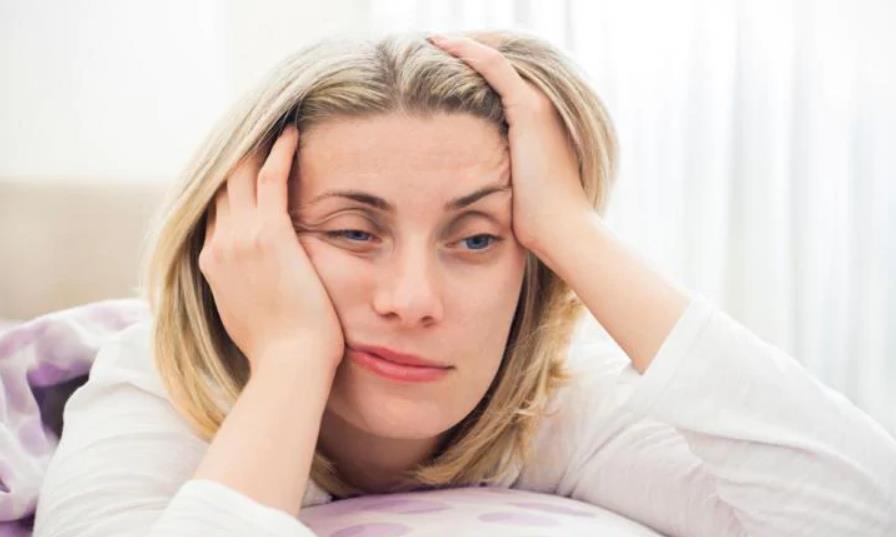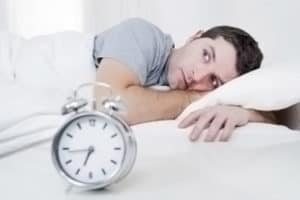According to the American Academy of Sleep Medicine, one in five adults suffers from chronic sleep deprivation. Sleep deprivation is when an individual fails to meet the required number of hours of sleep per day. The number of hours (and the quality) of your sleep is essential in order to feel rested and to function efficiently during the day time. For children and teens, they need about nine hours of sleep while adults need anywhere from seven to eight hours of sleep.
What happens if you are not getting enough hours of sleep every night? The term chronic refers to the fact that lack of sleep is something that you suffer from on a nightly basis. This is something that you need to give attention to because it can have long-term effects on your health.
Causes of Chronic Sleep Deprivation
To treat chronic sleep deprivation, it is important to know the cause behind it first. Identifying the cause will enable you to address the symptoms of your condition. It can be caused by one factor or many factors at once.
Stress is one of the culprits behind an individual not getting enough sleep. Stress can be due to work, financial matters, or personal concerns. When you are stressed, you are frequently on a heightened state of alertness. You develop anxiety and your mind is constantly running. In order to sleep well, your mind must be in a state of rest so your body can relax, too. Stress can delay the onset of sleep because your mind is not well-rested.
In some cases, your working conditions can also impact your sleep pattern resulting to sleep deprivation. For example, you work during night shift. The disruption on your sleep pattern can make it difficult for you to sleep soundly when it is time to go to bed. Conditions at work such as being forced to work overtime or work stress can also be a contributing factor.
Sleep deprivation can also be a symptom of an underlying medical condition. Among the medical conditions that can potentially affect your sleep cycle are upper respiratory infection, gastrointestinal problems, sleep apnea, and chronic pain, to name a few.
A family history of insomnia can also affect your ability to sleep. This is a type of neurodegenerative disease that can lead to weight loss, dementia, panic, and paranoia. If possible, you need to see a sleep doctor so they can address the problem.
Other lifestyle factors that result to sleep deprivation include drinking too much caffeine (especially when close to bedtime), using a lot of electronic devices, or a sleeping environment that makes it difficult to feel rested.
What Are The Symptoms?
There are several symptoms exhibited by individuals who suffer from sleep deprivation chronically. Unless you recognize the symptoms, you might not even be aware that you are suffering from deprivation of sleep.
These are the tell-tale symptoms to keep an eye for:
- Lack of energy during the day
- Irritability
- Mood changes
- Chronic feeling of fatigue
- Reduced sex drive
- Inability to focus
- Difficulty staying awake during the day
- Waking up feeling exhausted
- Constant yawning
- Dark under-eye circles
Treatment for Chronic Sleep Deprivation
Knowing the symptoms and causes of sleep deprivation is the first step towards getting treatment for this condition. You can visit a sleep clinic that can provide you with a diagnosis of your symptoms and for the assessment of the extent of your sleep problems. Once the underlying cause of your sleep deprivation has been identified, you can move on to the treatment stage.
Behavioral and cognitive treatments are usually the first options recommended for those suffering from chronic lack of sleep. The use of relaxation techniques such as meditation and mindfulness breathing can help you feel relax and rested. Mastering these techniques will enable you to ease tension and stress off your mind and body. You can do this whenever you feel stressed out and want to get some shuteye. There are many meditation apps and recordings that you can use for this purpose.
Cognitive behavioral therapy (CBT) is another treatment option recommended for chronic sleep sufferers. This therapy is designed to pinpoint the source of worry or anxiety that is inhibiting your ability to sleep.
Aromatherapy is another non-invasive approach that you can try; it is hinged on the principle of using essential oils to activate the chemicals in your brain that control your ability to sleep. In some cases, doctors will also prescribe medications that contain sedative to help you dose off more quickly. Make sure you take these medications only under the prescription from your doctor and using the right dosage.
There are also simple techniques you can try at home to facilitate sleep. For instance, you can set up your bedroom to be inviting for sleep. It must be cool, dark, and quiet. Also, avoid drinking coffee or any caffeinated drinks after dinner or too close to your bedtime. Establish a routine that will help your body transition to sleep seamlessly.


























